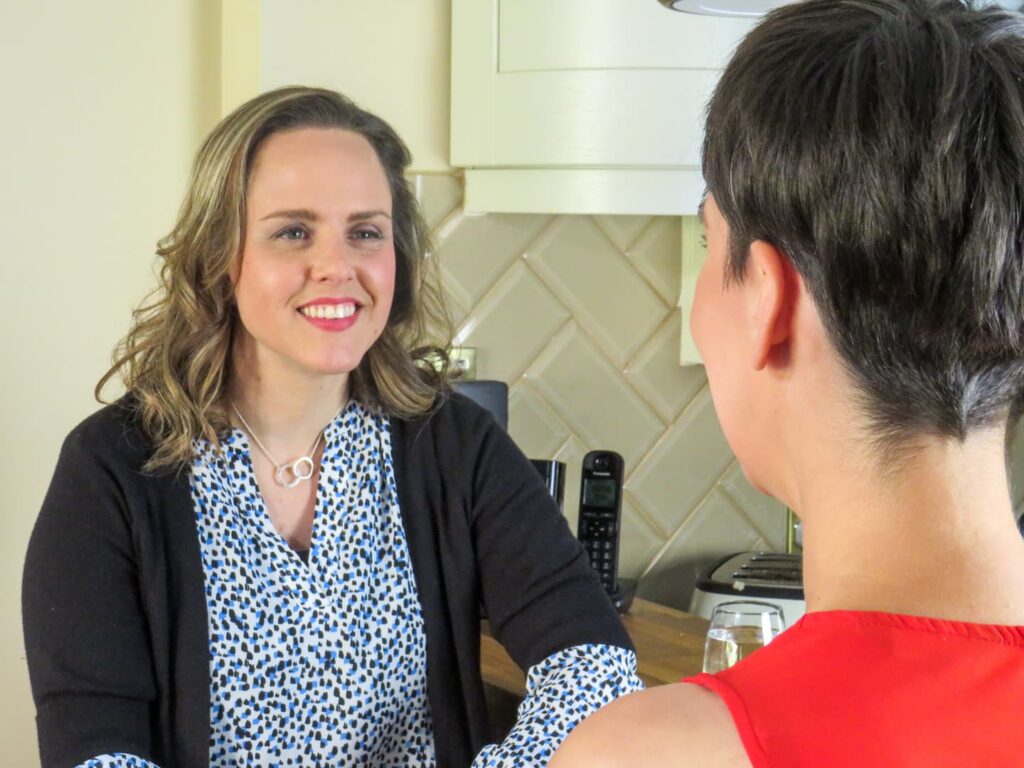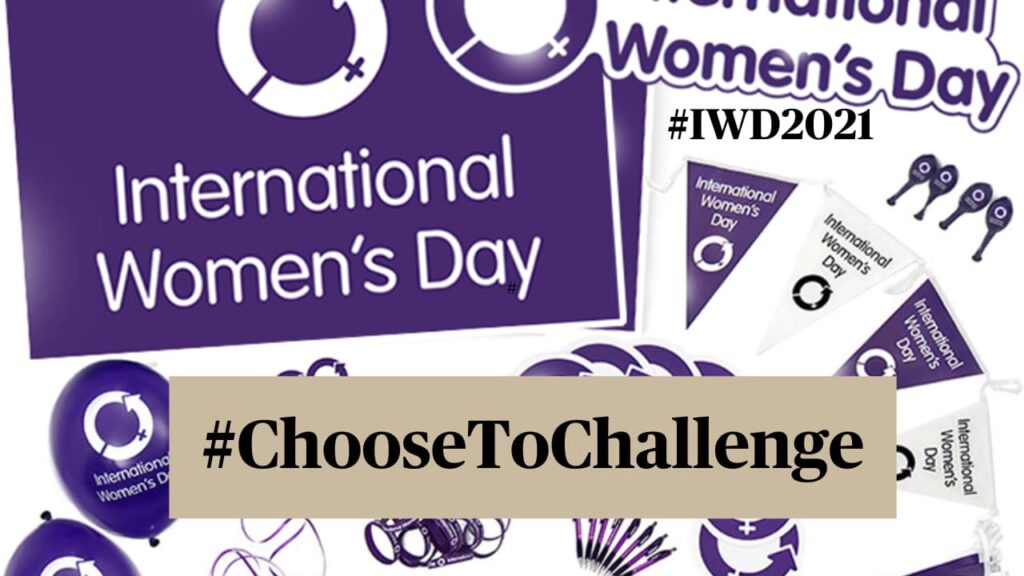Asking ‘what’s important’ is a great hack for releasing yourself from judgement and a great way towards self-improvement. In an increasingly anxious world, letting go of that can help you, your family but also your colleagues. Digging deeper into what’s important can unearth real value and help you shed unhelpful judgements.
My guilty secret? ‘Judgement’ can at times feel like my middle name. Judgement of people with whom I don’t agree, people who make poor decisions, about those who advise women to ‘cover up’ to avoid abuse or to ask for credentials of a uniformed police officer before getting in their car 🙁 But mostly, I reserve negative judgement for myself.
My unhelpful judgements 🙁
These are my judgements about what I should be doing with my time, how many more people I should be executive coaching, how many more presentations I should be giving as a corporate speaker on diversity and inclusion. However, I hold back on making judgements of my clients, because they are a lot like me – they already judge themselves far too readily. It’s key for self-improvement.
Sound like anyone you know? I for my executive coaching work, I recently earned my MCC, the highest award given by the ICF a few months ago – However, I realised this a topic that might be familiar for some of you – particularly for women in STEM – the clients with whom I work.
If you want to take a less judgmental stance and make progress on self-improvement, like the space executive coaching should provide for clients, there are a couple of easy things to do with friends and family to get clearer as to what’s important.
Two easy things to do around self-improvement
| 1. Sometimes the best way we can serve someone is to not judge or make assumptions about what they are coming to you for in the first place. The truth is it’s often a surprise, but one you’ll miss if you jump in with judgement or assume you know what ‘they really need’.
I have a client Rebecca, who recently came to a session wanting to discuss an upcoming team meeting as part of self-improvement. Historically, I may have judged it as a straightforward enough task. However, if you want to engage your colleagues and even loved ones better, you’re better off focusing on what’s important to understand why this topic matters, rather than just diving in headfirst. I was worked towards this award, I was reminded to avoid jumping in with judgement. Historically, I may have asked what she’d likely want to focus on; the part of the meeting she wanted to discuss, who was going to be there or even what she’d like to take away from the meeting. |
| 2. Ask ‘What’s important about that meeting?’ However, when I asked his simple question, as I do with many of my women in STEM executive coaching clients, this slowed Rebecca right down to a deeper place. She slowed her pace, and responded ‘Well, then, I think I’d truly felt like I deserve a seat at the table.’
That led to a much richer executive coaching discussion about who she wanted to be both in that meeting, but also going forward as a professional more widely. We explored what ‘owning that seat’ would ultimately give her. This became the ‘important’ motivation for what she wants to change and how. As we did, the details around the meeting; what she’d say in the moment, how she’d respond to challenges or whom she should solicit for support became much smaller details to her. They all suddenly became simpler and more manageable tasks only when she could visualise her bigger future owning that seat at the table. After all, those details were easier after we’d opened up why this meeting mattered and what it would give her on the other side. |
By asking ‘What’s important?’ Rebecca suddenly recognised what ‘owning that seat’ would unlock for her – more pride, more kudos in the eyes of the others, and autonomy to pick her projects.
This suddenly became possible for Rebecca in a way it hadn’t felt before her re-frame. These were things Rebecca knew she could drive, not just in that meeting, but in all of her meetings going forward, and they made the difference, particularly as women in STEM are often in the minority within the meetings they attend.
In the end, don’t rush to judgement by thinking you know what the other person needs – ask what’s important about what they are bringing to you, and be prepared to learn what really drives them.
If you’re thinking about what executive coaching could give women in STEM or other male-dominated fields, check out my video below.


































